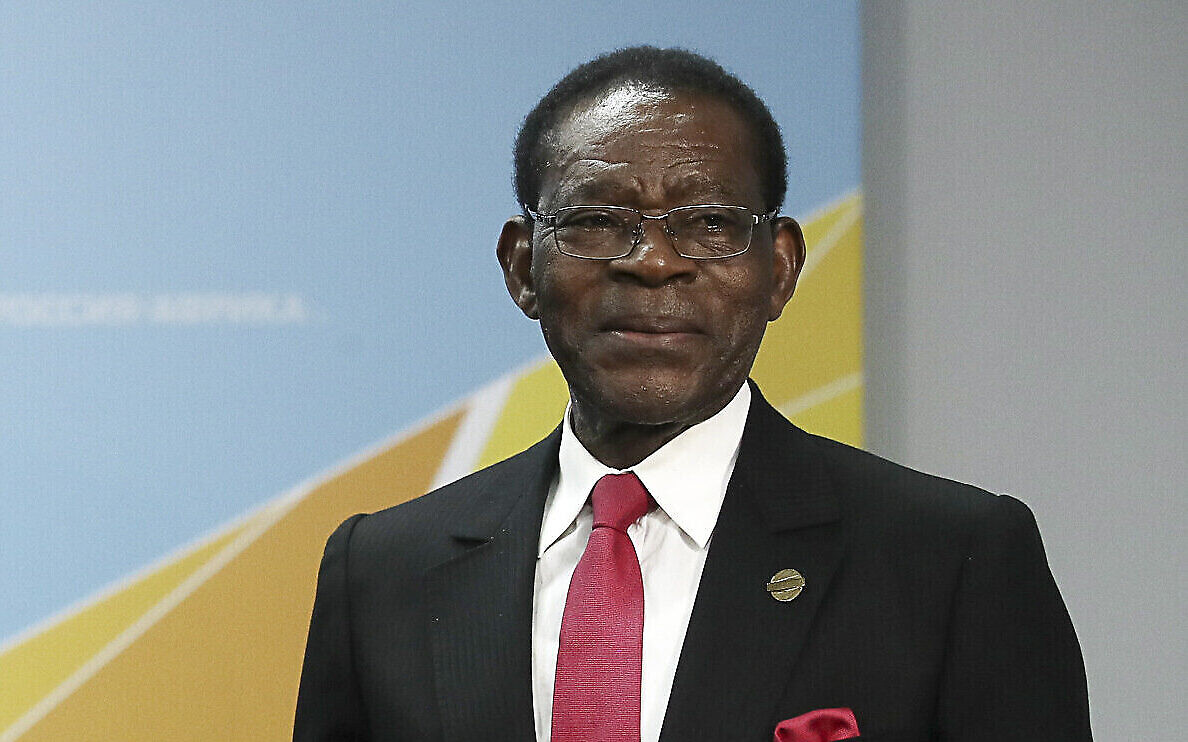
SYDNEY KAWADZA JANUARY 30, 2016, saw African leaders commit to the establishment of the African Humanitarian Agency (AfHA) that would wean the continent from relying on donor agencies in humanitarian crises.
In a bid to find ways to effectively deal with humanitarian catastrophes on the continent, AfHA was expected to advance the continental agenda on humanitarian action.
The AfHA has four strategic objectives that include predicting situations that can result in humanitarian crises through early warning systems and preventing adverse effects of the crises through addressing root causes.
The agency seeks to ensure timely and effective response by building and strengthening the capacities of continental, regional and national mechanisms.
The last objective is for the agency to design strategies for building adaptation and resilience at the national and local levels for effective response to humanitarian crises.
Addressing the AU Extraordinary Humanitarian Summit and Pledging Conference in Malabo, Equatorial Guinea last week, African Union Commission chairman Moussa Faki Mahamat painted a gloomy picture of the situation in Africa expressing the need for the establishment of the agency.
“The picture is not bright. Far from it! It is further bleaked by two factors: on the one hand, the annihilation of refugee empowerment efforts by the impact of the Covid-19 pandemic, and on the other hand, the pressure exerted on planet earth in the name of the quest for economic growth and whose effects are reflected in climate change manifested through prolonged drought and uncontrollable floods,” Mahamat said.
He said the humanitarian emergencies in Africa, which are numerous, diverse, and geographically dispersed, are a permanent source of concern.
- Chamisa under fire over US$120K donation
- Mavhunga puts DeMbare into Chibuku quarterfinals
- Pension funds bet on Cabora Bassa oilfields
- Councils defy govt fire tender directive
Keep Reading
These were illustrated by figures and statistical data drawn up and compiled by the United Nations Specialised Agencies.
In the 15 most-affected member states, 113 million people are waiting for emergency assistance in 2022.
East Africa and the Horn of Africa are currently hosting 4,5 million refugees, more than 75% of whom have been affected by the reduction in food rations in 2021.
Over the past two years, in this same region, food requirements have increased by 70% and more than 25 million people are in a situation of food insecurity.
In West and Central Africa, there are 58 million people in a state of food insecurity.
“This is the highest level of food insecurity since 2016. There are two million internally displaced persons in Central Africa,” Mahamat said.
This figure represents a 30% increase compared to 2020 and does not comprise the five million displaced persons in the Lake Chad Basin.
In North Africa, more than 14 million people need humanitarian assistance.
Equatorial Guinea President Teodoro Obiang Nguema Mbasogo underscored the need to activate the AfHA.
“Well, the situation of the humanitarian crisis that for several centuries has been worsening today is a reality that becomes unbearable and that has its justification in the stagnation of the development of our countries, since the most remote times.
“The solutions to those issues that torment our peoples are in our own hands. It is necessary to arm ourselves with the courage to take on the solution of these problems ourselves, resorting more to the instructions and international economic organisations that want to help us, and not those aids that compromise the sovereignty of our nations,” Mbasogo said.
He added that incapacity in Africa is typical of the lack of political will and determination to overcome the challenges typical of human beings.
“Each member state of the AU should potentially participate, making contributions to the cause of saving African peoples mired in humanitarian problems,” he said.
Political commentator Rashweat Mukundu said the AfHA was a good initiative by African governments provided they are willing to put resources into the agency.
“The agency is necessary as humanitarian crises are likely to double up in the coming years due to climate change and devastating extreme weather conditions we are witnessing including severe droughts and floods.
“With a world now constrained because of wars such as Ukraine and Russia conflict and its impact on the global economy, African leaders will soon find themselves on their own hence a need for preparedness,” Mukundu said
Some of the humanitarian issues that affect the continent are climate and weather-related and include drought-caused food insecurity, and flooding causing food insecurity while climate change impacts coastal areas: extreme storms, and heatwave.
The human and natural phenomenon has led to illegal and dangerous migration while insecurity has caused war, militant Islamist insurgency, and civil unrest.
Notwithstanding all civil society organisations, the AfHA must take the lead in anticipating and responding to humanitarian emergencies.
Apart from African governments’ direct funding to the AfHA, the future AfHA must lobby Africa’s millionaires and billionaires, and indigenous businesses to an emergency disaster fund.
Sub-regionally, the AfHA should establish logistics bases with pre-positioned items in readiness to respond to emergencies.
The location of these logistic bases would depend on several factors that should decide to set up the AfHA.











